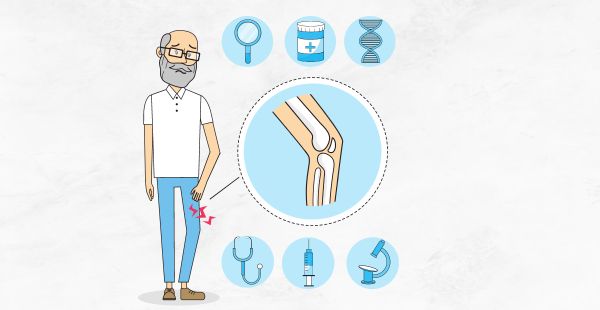Knee pain is a common condition that affects millions of people around the world. While there are several treatment options available, including surgery, Ayurvedic Nadichikitsa offers a natural and effective way to treat knee pain and avoid surgery.
Ayurvedic Nadichikitsa is a branch of Ayurveda that focuses on diagnosing and treating the root cause of diseases. According to Ayurveda, knee pain is caused by an imbalance in the Vata dosha, which is responsible for the movement and mobility of the body. When Vata is imbalanced, it can lead to stiffness, pain, and inflammation in the knees.
Ayurvedic Nadichikitsa treatment for knee pain involves several steps. Firstly, the Ayurvedic practitioner will conduct a thorough examination of the patient’s body to identify the root cause of the imbalance in Vata dosha. This is done using a technique called Nadi Pariksha, which involves reading the pulse to diagnose the imbalances in the body.
Once the root cause is identified, the practitioner will recommend a personalized treatment plan. This may involve herbal remedies, dietary changes, and lifestyle modifications. One of the most effective Ayurvedic remedies for knee pain is the use of herbal oils such as Mahanarayan oil, which is a blend of several herbs and oils known for their anti-inflammatory and pain-relieving properties. Massaging this oil on the knees can help to reduce inflammation and relieve pain.
Another effective Ayurvedic remedy for knee pain is the use of hot and cold compresses. Applying a hot compress on the knees can help to improve blood circulation, while a cold compress can help to reduce inflammation. Alternate between hot and cold compresses can provide immediate relief from knee pain.
In addition to herbal remedies, Ayurvedic Nadichikitsa also emphasizes the importance of a healthy diet and lifestyle. A diet that is high in fruits, vegetables, and whole grains can help to reduce inflammation in the body, which can in turn reduce the severity of knee pain. Regular exercise, including low-impact exercises such as walking and yoga, can help to improve the mobility of the knees and reduce stiffness.
By following an Ayurvedic treatment plan for knee pain, patients can avoid surgery and its associated risks and costs. Ayurvedic remedies are natural and safe, and they provide a long-term solution to knee pain by addressing the root cause of the problem.
In conclusion, Ayurvedic Nadichikitsa offers an effective natural treatment for knee pain. By addressing the root cause of the imbalance in Vata dosha, Ayurvedic remedies can provide long-lasting relief from knee pain without the need for surgery. If you are suffering from knee pain, it is recommended that you consult with an Ayurvedic practitioner to develop a personalized treatment plan. With the right combination of herbal remedies, dietary changes, and lifestyle modifications, you can overcome knee pain and enjoy a healthy, active life.

